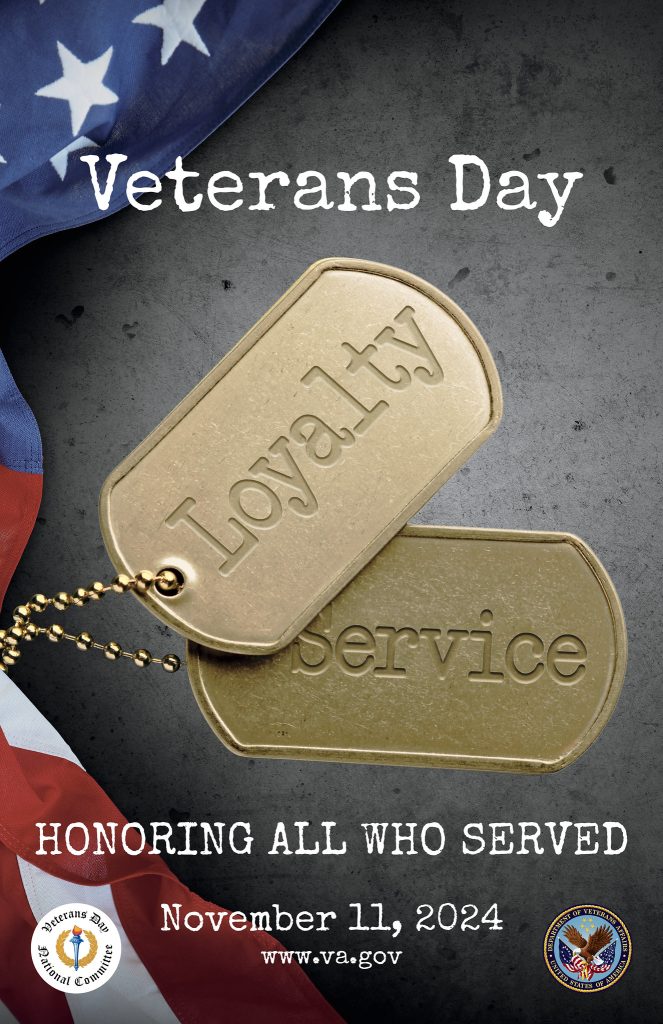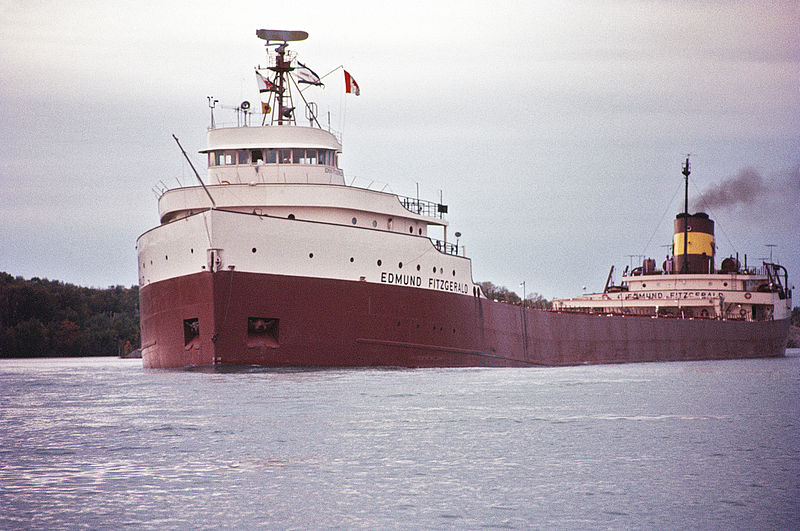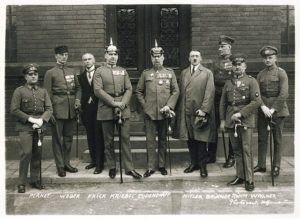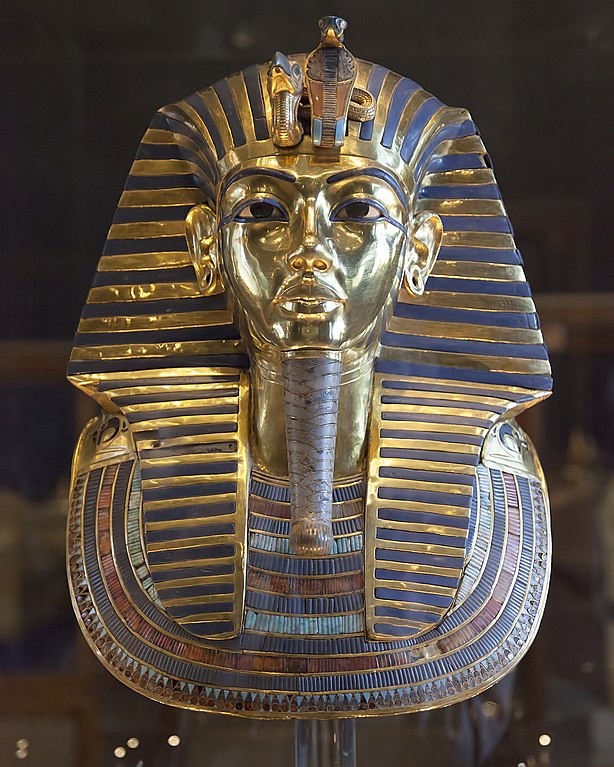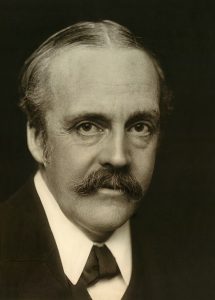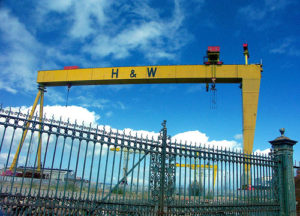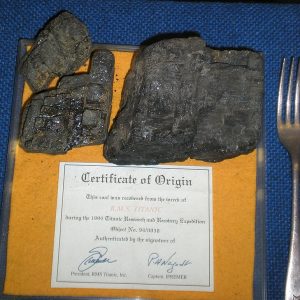
Unknown author
Public domain via Wikimedia Commons
Portugal was a prosperous country in the 18th century. It had acquired immense wealth thanks to its colony in Brazil and its trade in Asia. Lisbon had become a bustling center of trade and one of the busiest ports in the Atlantic. Roughly 10 percent of its population lived in Lisbon and many had become wealthy off the trade generated in gold and diamonds. It would all change on All Saints Day in 1755.
Around 9:40 am three tremors struck Lisbon and one of them is thought to have been 8.0. The shaking was so violent that it was felt in Morocco. The earthquakes caused considerable damage but something far worse occurred. A 20-foot tsunami generated by the earthquakes raced ashore knocking down everything in its path. Since it was All Saints Day many were in churches where candles were lit. When the earthquakes hit, churches and buildings were toppled killing many right away and injuring scores others. The lit candles then ignited fires and were fanned by the winds. The fires would burn for days, and aftershocks would cause more damage and death,
Most of the destruction in Lisbon took place along the Tagus River and the center of the city. The destruction took with it priceless works of art and homes of both the wealthy and the poor. Other areas of Portugal were affected by the earthquake and tsunami. Lisbon saw great cathedrals toppled along with the grand library and the royal palace. Those who had fled down to the docklands saw water had retreated. Some went into the shallow water to try to retrieve treasure from sunken ships not knowing the great danger they were in. When the tsunami hit, everyone in docklands were swept away and perished. Many who had made it out of the city after the earthquake or after the tsunami would never return. Great works of art, literature and prized buildings for their architecture were all gone.
It was a stunning blow to Portugal and the city had to be rebuilt from scratch. 85% percent of the infrastructure was gone. The old city had been built in medieval times with narrow streets and confusing layout. The Marquis of Pombal, the prime minister, was given the task of rebuilding Lisbon. Lisbon would be modeled on French architectural trends of the time that called for wider streets, squares, and avenues. Using the military as a guide, buildings were put up in manner followed an exact pattern making it prefabricated for its time. And they made sure the buildings were made strong so as not to collapse from an earthquake again. The earthquake greatly affected the economy of Portugal that took a while to recover. While price controls were enacted, there were still volatile swings in prices. If there was an upside, construction workers got paid well for their efforts (comparative to what they made before the catastrophe). Also, the economy was reformed in the process making the country less dependent on Great Britain.
The Marquis of Pombal sent out a survey to all local parishes asking them for information about what happened. He was the first person to do this and the preserved detailed responses he got back are a wealth of information as to how much the earthquake did in many areas of the country. This has allowed a scientific reconstruction of the earthquake (and tsunami as well) allowing scientists to understand more fully what these natural forces can do. In effect, Pombal began the science of seismology, the collecting of data about such events.
Today if you visit Lisbon, you can see the effects of the reconstruction and how its people adapted to this massive reconstruction. Rick Steves covers it in his travel to Lisbon. Old world charm with very modern touches.
Sources
———. “Lisbon Earthquake of 1755 | Great Lisbon Quake, Tsunami & Fire.” Encyclopedia Britannica. Last modified October 25, 2024. https://www.britannica.com/event/Lisbon-earthquake-of-1755.
Sullivan, Missy. “Earthquake Takes Heavy Toll on Lisbon.” HISTORY, October 31, 2024. https://www.history.com/this-day-in-history/earthquake-takes-heavy-toll-on-lisbon
Cohen, Isabel. “The Lisbon Earthquake of 1755: The Day the World Was Shaken.” bePortugal. Last modified July 8, 2024. https://www.beportugal.com/lisbon-earthquake/.
“Lisbon Pre 1755 Earthquake » Blog Archive » the Lisbon Earthquake of 1755: The Catastrophe and Its European Repercussions.” https://web.archive.org/web/20110405084546/http://lisbon-pre-1755-earthquake.org/the-lisbon-earthquake-of-1755-the-catastrophe-and-its-european-repercussions/.

